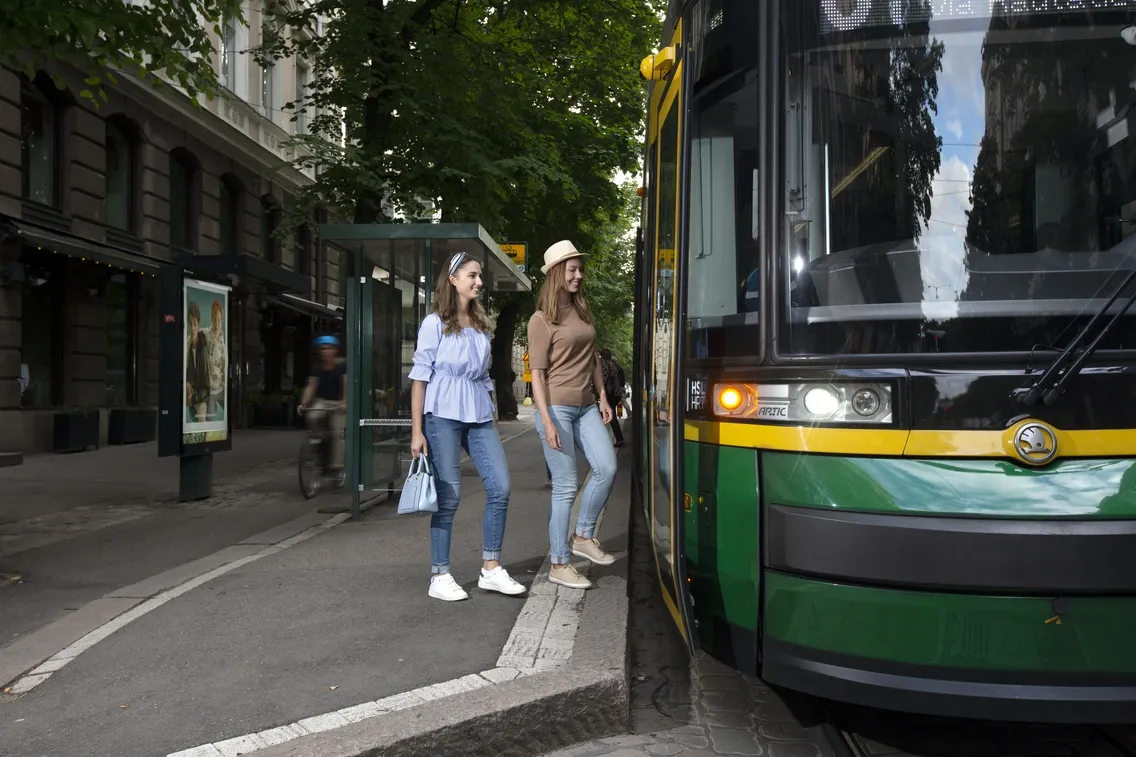The current tolling system employs a free-flow active microwave system along with a barrier system that processes payment using proximity cards. In addition to upgrading the existing 5.8 GHz free flow lanes to ISO 18000-6C technology, FSTech will provide an end-to-end solution converting 580 proximity card lanes to electronic tolling. This solution consists of
"We are pleased to have the support and confidence from Turkish authorities to upgrade the present electronic toll collection system infrastructure,” said Manfred Rietsch, president of FSTech. “The ISO 18000-6C UHF RFID technology continues to gain global momentum as it delivers a unique blend of superior system performance and competitive cost advantages. That is a very compelling reason for any concessionaire, toll agency or toll operator worldwide to adopt this proven technology," Rietsch said.










